Klan 2.0: Some 'Good People'
Inside Higher Ed
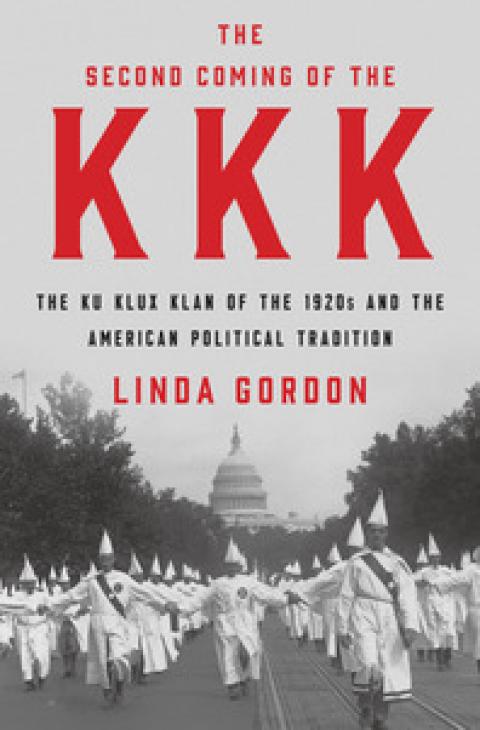
In The Second Coming of the KKK: The Ku Klux Klan of the 1920s and the American Political Tradition, Linda Gordon emphasizes broad patterns, making the book more timely than even the headlines of white nationalist outpourings the past months would suggest, writes Scott McLemee. What stands out in Gordon’s book is that the Ku Klux Klan of the 1920s tried to create a world unto itself through spectacle, mass communications and branding.


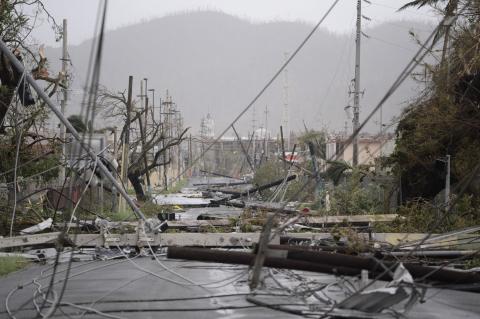
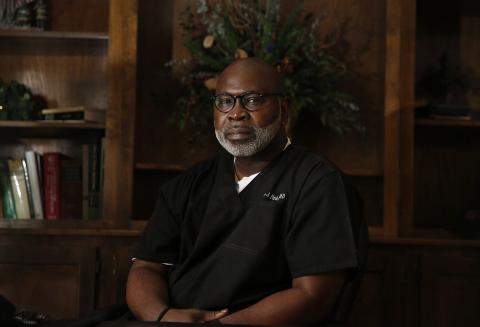

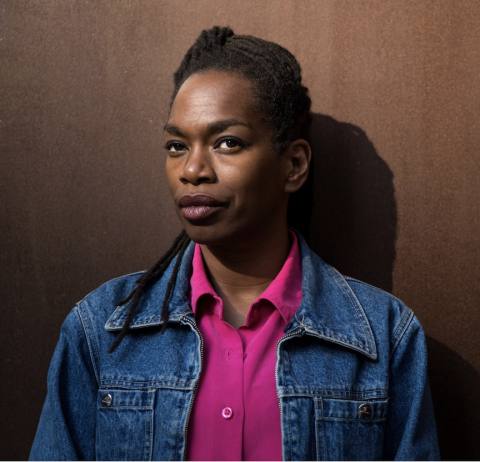
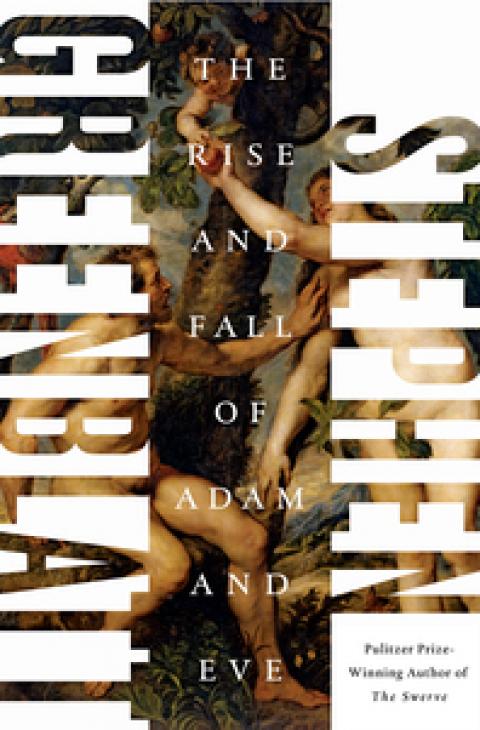

Spread the word